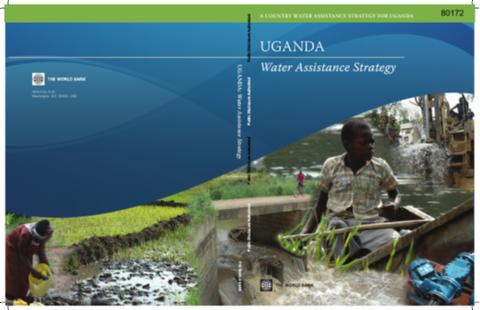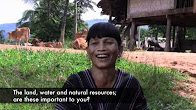Uganda Water Assistance Strategy
Over the past 25 years, Uganda has experienced sustained economic growth, supported by a prudent macroeconomic framework and propelled by consistent policy reforms. Annual Gross Domestic Product (GDP) growth averaged 7.4 percent in the 2000s, compared with 6.5 in the 1990s. Economic growth has enabled substantial poverty reduction, with the proportion of people living in poverty more than halving from 56 percent in the 1992 to 23.3 percent in 2009. However, welfare improvements have not been shared equally; there is increasing urban rural inequality and inequality between regions.






